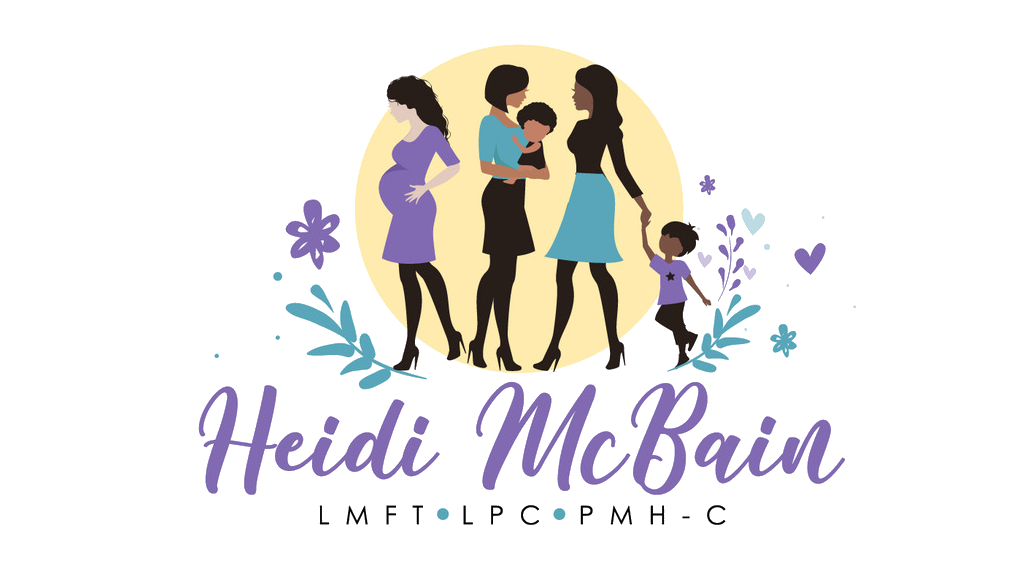

When I was a boy and I would see scary things in the news, my mother would say to me, “Look for the helpers. You will always find people who are helping.” To this day, especially in times of “disaster” I remember my mother’s words and I am always comforted by realizing that there are still so many helpers—so many caring people in this world.
-Fred Rogers
As a counselor, it has surprised me recently how many potential clients are calling me inquiring about coaching. I’m often asked what the difference is between counseling and coaching, as my callers are often confused by this terminology. Although I have considered adding this option in the future, Texas sees coaching and counseling as two totally separate businesses (even if the option is being offered by the same person).
So, what’s the difference between counseling and coaching?
- To practice, counselors need to have a higher level of education such as a Masters Degree or a PhD, and they are overseen by a state licensing board. Coaching is unregulated, although there are specific classes people can take to become a life coach, health coach, etc.
- Counseling can be short-term or long-term and is process oriented, meaning it’s focused on feelings, emotions, connections with others, etc. Coaching is often more short-term and is focused on a specific issue or area the person would like to learn more about in their personal or professional life.
- Counseling usually takes place on a weekly basis, and then sessions get more spread out as clients are feeling better and have more insight into what’s going on in their lives. Coaching is often a block of time people are paying for, either one-on-one or in a group. Typically, once the class or individual time block is done, coaching is completed as well.
- Counseling must occur within the state where the therapist is licensed, either in office or online. Since coaching is unregulated, it can take place across state lines and even worldwide.
- Counseling has a lot of strict boundaries about the relationship itself in that therapists are not allowed to have dual relationships with their clients. What this means is that a therapist cannot do therapy and also be a friend, tutor, colleague, etc. with one of their clients. Coaches are allowed to work with family and friend without worrying about dual relationships (although they may choose, for personal reasons, not to work with people they have a prior relationship with from the past).
So, are you really looking for help from a counselor or from a coach?
Only you can answer that question! However, if you’re looking to process what’s going on in your life at a deeper level, a level where you’ll start to see changes in all areas of your life- in your relationships, your parenting, in your job, etc., then counseling may be the right avenue for you to take.
However, if you have a specific problem that you want to “fix,” coaching may be a great avenue to explore. Or, if you’re sticking with counseling, short-term, solution-focused counseling may be just what you’re looking for with this specific issue in your life.
Either way, it’s important that you find a trained counselor or coach who specializes in the area you’d like to further explore in your life.

[…] speaking to a coach to figure out what you’d like to change about your work, career, […]